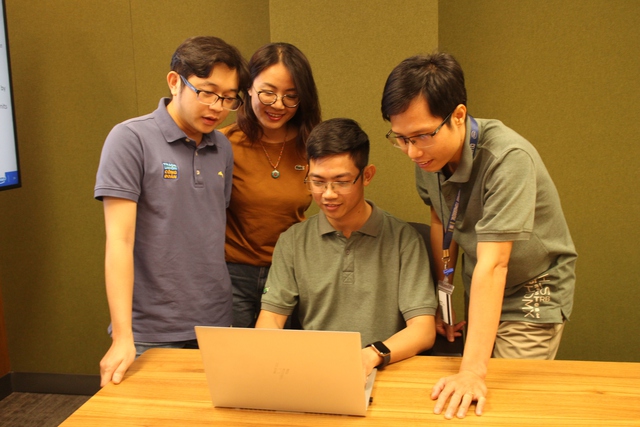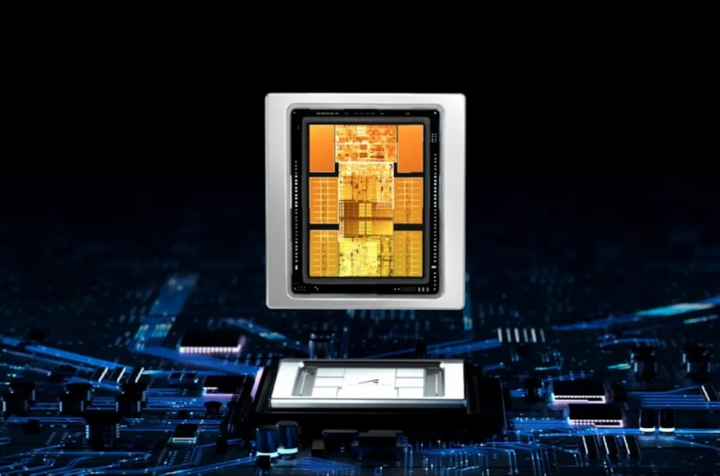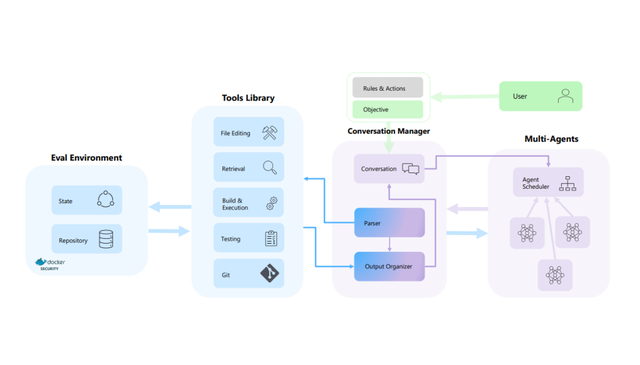
sc_start
sc_start() is a key method in SystemC. This method starts the simulation phase, which consists of initialization and execution. sc_start() methods performs operations listed below.
Called First Time : sc_start starts the scheduler, which will run up to the simulation time passed as an argument (if an argument was passed).
When called on the second and subsequent occasions : sc_start will resume the scheduler from the time it had reached at the end of the previous call to sc_start. The scheduler will run for the time passed as an argument (if an argument was passed), relative to the current simulation time..
When a time is passed as an argument : the scheduler will execute up to and including the timed notification phase that advances simulation time to the end time (calculated by adding the time given as an argument to the simulation time when function sc_start is called).
Called without any arguments : the scheduler will run until it completes.
Called with a zero-valued time argument : the scheduler shall run for one delta cycle.
Once started, the scheduler will run until either it completes, or the application calls the function sc_stop, or an exception occurs. Once the function sc_stop has been called, function sc_start shall not be called again. Function sc_start may be called from function sc_main, and only from function sc_main.
Example : sc_start()1 #include
2
3 SC_MODULE (some_block) {
4 sc_in<bool> clock;
5 sc_in<sc_bit> data;
6 sc_in<sc_bit> reset;
7 sc_in<sc_bit> inv;
8 sc_out<sc_bit> out;
9
10 void body () {
11 if (reset.read() == 1) {
12 out = sc_bit(0);
13 } else if (inv.read() == 1) {
14 out = ~out.read();
15 } else {
16 out.write(data.read());
17 }
18 }
19
20 SC_CTOR(some_block) {
21 SC_METHOD(body);
22 sensitive << clock.pos();
23 }
24 };
25
26
27 SC_MODULE (signal_bind) {
28 sc_in<bool> clock;
29
30 sc_signal<sc_bit> data;
31 sc_signal<sc_bit> reset;
32 sc_signal<sc_bit> inv;
33 sc_signal<sc_bit> out;
34 some_block *block;
35
36 void do_test() {
37 while (true) {
38 wait();
39 cout << "@" << sc_time_stamp() <<" Starting test"<<endl;
40 wait();
41 wait();
42 inv = sc_bit('0');
43 data = sc_bit('0');
44 cout << "@" << sc_time_stamp() <<" Driving 0 all inputs"<<endl;
45 // Assert reset
46 reset = sc_bit('1');
47 cout << "@" << sc_time_stamp() <<" Asserting reset"<<endl;
48 // Deassert reset
49 wait();
50 wait();
51 reset = sc_bit('0');
52 cout << "@" << sc_time_stamp() <<" De-Asserting reset"<<endl;
53 // Assert data
54 wait();
55 wait();
56 cout << "@" << sc_time_stamp() <<" Asserting data"<<endl;
57 data = sc_bit('1');
58 wait();
59 wait();
60 cout << "@" << sc_time_stamp() <<" Asserting inv"<<endl;
61 inv = sc_bit('1');
62 wait();
63 wait();
64 cout << "@" << sc_time_stamp() <<" De-Asserting inv"<<endl;
65 inv = sc_bit('0');
66 wait();
67 wait();
68 cout<<"Terminating Simulation"<<endl;
69 sc_stop(); // sc_stop triggers end of simulation
70 }
71 }
72
73 void monitor() {
74 cout << "@" << sc_time_stamp() << " data :" << data
75 << " reset :" << reset << " inv :"
76 << inv << " out :" << out <<endl;
77 }
78
79 SC_CTOR(signal_bind) {
80 block = new some_block("SOME_BLOCK");
81 block->clock (clock) ;
82 block->data (data) ;
83 block->reset (reset) ;
84 block->inv (inv) ;
85 block->out (out) ;
86
87 SC_CTHREAD(do_test,clock.pos());
88 SC_METHOD(monitor);
89 sensitive << data << reset << inv << out;
90 }
91 };
92
93 int sc_main (int argc, char* argv[]) {
94 sc_clock clock ("my_clock",1,0.5);
95
96 signal_bind object("SIGNAL_BIND");
97 object.clock (clock.signal());
98 sc_trace_file *wf = sc_create_vcd_trace_file("sc_start");
99 sc_trace(wf, object.clock, "clock");
100 sc_trace(wf, object.reset, "reset");
101 sc_trace(wf, object.data, "data");
102 sc_trace(wf, object.inv, "inv");
103 sc_trace(wf, object.out, "out");
104 sc_start(0); // First time called will init schedular
105 sc_start(1); // Increment simulation by 1 time unit
106 sc_start(); // Run the simulation till sc_stop is encountered
107 // sc_start() is terminated and return to next startment after
108 // encountering sc_stop()
109 cout<<"Closing VCD File"<<endl;
110 sc_close_vcd_trace_file(wf);
111 return 0;// Terminate simulation
112 }
Simulation Output : sc_start
@0 s data :0 reset :0 inv :0 out :0
WARNING: Default time step is used for VCD tracing.
@1 ns Starting test
@3 ns Driving 0 all inputs
@3 ns Asserting reset
@3 ns data :0 reset :1 inv :0 out :0
@5 ns De-Asserting reset
@5 ns data :0 reset :0 inv :0 out :0
@7 ns Asserting data
@7 ns data :1 reset :0 inv :0 out :0
@8 ns data :1 reset :0 inv :0 out :1
@9 ns Asserting inv
@9 ns data :1 reset :0 inv :1 out :1
@10 ns data :1 reset :0 inv :1 out :0
@11 ns De-Asserting inv
@11 ns data :1 reset :0 inv :0 out :1
Terminating Simulation
SystemC: simulation stopped by user.
Closing VCD File
Bạn Có Đam Mê Với Vi Mạch hay Nhúng - Bạn Muốn Trau Dồi Thêm Kĩ Năng
Mong Muốn Có Thêm Cơ Hội Trong Công Việc
Và Trở Thành Một Người Có Giá Trị Hơn
















